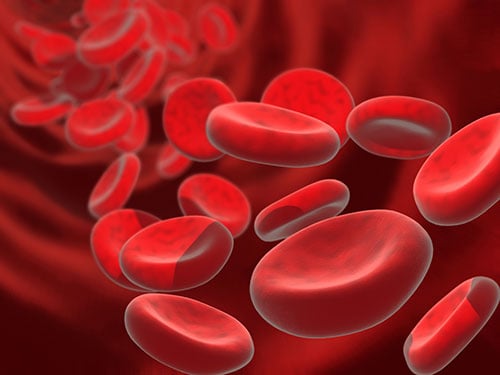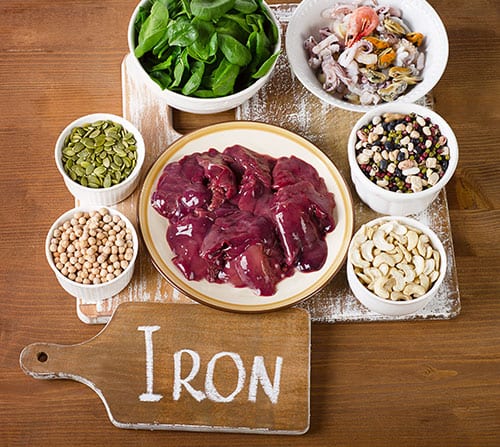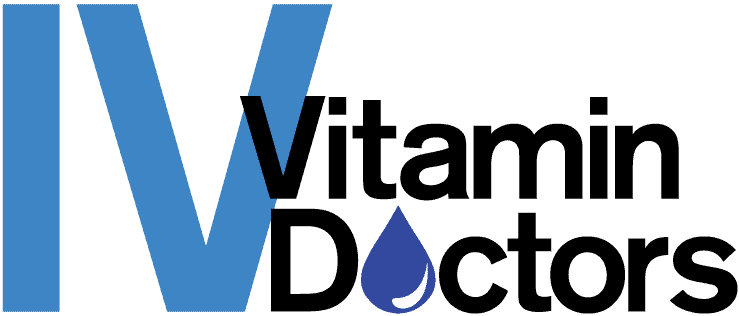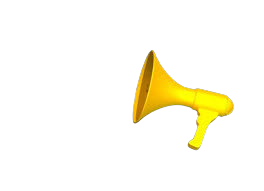Many people across the globe suffer from iron deficiency anemia. Some people take iron dietary supplements, and others eat iron-rich foods such as dark healthy greens (like kale). But still, far too many people have an inadequate amount of iron in their system.
Depending on how severe your anemia is, you may need intravenous (IV) therapy. IV is the fastest way to get any vitamin or supplement into your body. But what vitamins are good for anemia?
Most individuals receive iron IV therapy for anemia. However, other good vitamins for anemia include vitamins C and B12, which help treat anemia.
What is Anemia?
There are over 400 types of anemia. However, anemia is mainly a disorder where the body does not produce enough red blood cells to carry oxygen to your tissues. With iron-deficiency anemia, your body can’t make enough hemoglobin for adequate oxygen transportation. There’s also vitamin-deficiency anemia, where your body doesn’t produce enough red blood cells due to vitamin B12 and folate deficiency.
Anemia is diagnosed through a blood test. Your healthcare provider can check how much hemoglobin is being produced in your body and your levels of essential vitamins.

Symptoms of Anemia Include
- Panic-like symptoms
- Cold hands and feet
- Weakness and dizziness
- Chest pain
- Chronic headaches
- Pale skin
- Low-blood sugar
What Vitamins are Good For Anemia?
Women (and especially pregnant women) are more susceptible to anemia than elders over the age of 65 and people with kidney problems or taking blood thinners. To treat anemia, most people take oral iron supplements. However, the most efficient way to manage your iron levels, and thus your anemia, is by taking the right vitamins for your body’s needs.
You may be wondering, what vitamins should I take for anemia? Keep reading to learn about vitamins for iron deficiency anemia and vitamin deficiency anemia.
Is Vitamin B12 good for anemia?
Does lack of vitamin B12 cause anemia, and is vitamin B12 good for anemia? Vitamin B12 is essential for red blood cell development. While iron creates hemoglobin, B12 controls red blood cell size. With insufficient B12, blood cells are too large and poorly shaped and unable to fulfill their function properly.
Vitamin B6 and Anemia
Vitamin B6 is essential for converting iron into hemoglobin. You can find vitamin B6 in foods such as bananas, nuts, fish, lentils, and leafy greens. Insufficient B6 can result in normocytic anemia – your red blood cells are the right size, but you don’t have enough of them.
Folate for Anemia
Also known as folic acid or vitamin B9, folate works with vitamin B12 to control red blood cell size and function. Folate is easily obtained through diet, as fortified cereals and whole grains contain added folic acid. Some diseases that impact absorption in the gastrointestinal tract (such as celiac disease or Crohn’s) can result in folate deficiency.
Vitamin C for Anemia
Vitamin C assists in non-heme iron absorption. There are two types of iron: heme iron, which is found in animal products, and non-heme iron, which is located in plant- and animal-derived foods.
It used to be recommended to take iron supplements with orange juice to improve absorption. While newer studies suggest vitamin C may not be essential to enhancing dietary iron absorption, it’s still good for your immune system, so you can only benefit from increased vitamin C intake.
It is tough to develop vitamin C deficiency. However, symptoms of vitamin C deficiency (also known as scurvy) are severe.
Anemia and Vitamin D
Studies have shown a positive association between vitamin D and hemoglobin concentrations, especially in patients with other health conditions. Past studies have also shown a connection between anemia and low vitamin D levels in young children, further hinting at the important role vitamin D plays in metabolizing iron.
Iron for Anemia
As previously mentioned, the most common type of anemia is caused by insufficient iron. The National Institutes of Health report the recommended daily iron intake for adult men as 8mg and 18mg for women. It’s important that people who menstruate get enough iron through diet or vitamins as the blood loss while menstruating also decreases the amount of iron in the body.

Many people don’t meet their iron needs through dietary iron alone. Vegetarians and vegans especially often need to take multivitamins or iron supplements; while plant-based foods are good sources of iron, the type of iron they provide isn’t as bioavailable.
There are multiple iron supplements available, each with a different amount of elemental iron (the iron your body can absorb). The most common types are ferrous sulfate, ferrous fumarate, and ferrous gluconate.
Iron supplement side effects
While a health professional may recommend iron supplements (especially if you need to increase your iron stores), oral iron supplements have restrictions and potential gastrointestinal side effects.
Milk, calcium supplements, antacids, and caffeine are taken simultaneously (or within a few hours) of your iron supplement can inhibit iron absorption. For best absorption, supplements should be taken on an empty stomach, but depending on the dosage and type of iron, this may cause nausea, diarrhea, or constipation.
The Best IV Therapy for Anemia
Vitamin deficiency anemia causes significant health problems ranging from chronic fatigue syndrome to high levels of anxiety and depression. An IV vitamin drip is the best way to increase vitamin levels in the bloodstream.
Our medical professionals will determine what vitamins you’re deficient in and put together the perfect vitamin cocktail for your needs!
Why trust IV Vitamin Therapy with vitamins for anemia?
IV Vitamin Therapy is located in an upscale boutique-style medical office. After consulting with a physician, you will be prescribed a single nutrient or a cocktail of high-quality IV therapy nutrients, depending on your health history and goals. Sessions typically take between 20 and 60 minutes, and patients are conscious for the entire procedure. After the initial painless pinprick of a needle at the injection site, the nutrients flow into the bloodstream, and there is an immediate sense of well-being.
Almost immediately after injection, the nutrients injected into the body begin working. Many patients use this time to read or work remotely. Modernly designed and calm, our medical offices are the perfect environment for athletes to receive regular IV vitamin injections.
Vitamins for anemia near me
Busy? We’ll come to you. Many of our clients who prefer to receive injections in the privacy of a home or office can choose our popular concierge house call service for mobile IVs.
IV Vitamin Therapy is conveniently located in Beverly Hills and can come to your home or office throughout the Los Angeles area. We serve patients near Beverly Hills, Bel Air, West Hollywood, Santa Monica, West Los Angeles, Culver City, Hollywood, Venice, Marina del Rey, Malibu, Manhattan Beach, Redondo Beach, Downtown Los Angeles, Encino, Woodland Hills, Sherman Oaks, Calabasas, Burbank, Glendale, Hidden Hills, Agoura Hills, Northridge, North Hollywood, Topanga, Canoga Park, Reseda, Valley Glen, Chatsworth, West Hills, Winnetka, Universal City, Silverlake, Echo Park, and many more.
Book now at 877-760-3564


